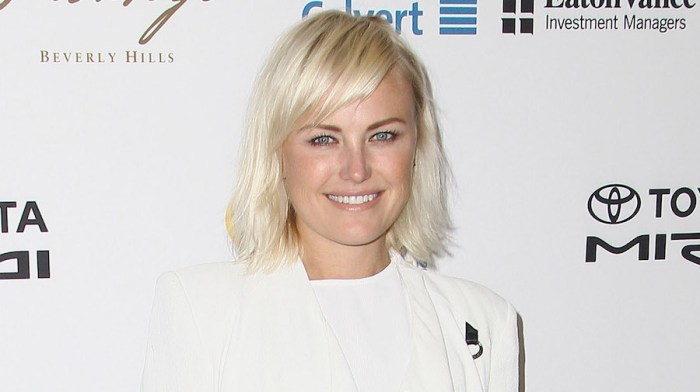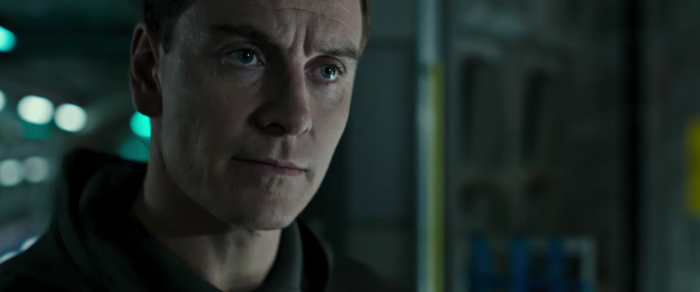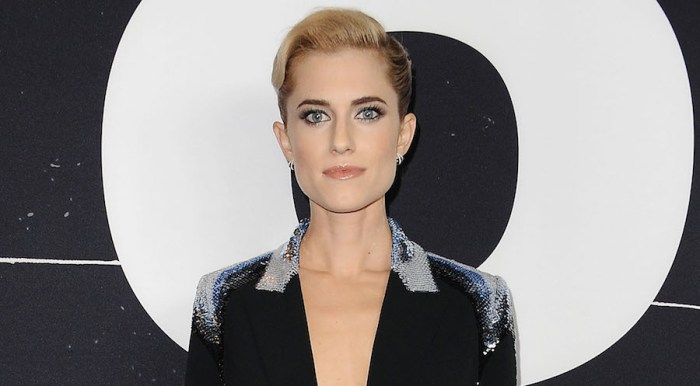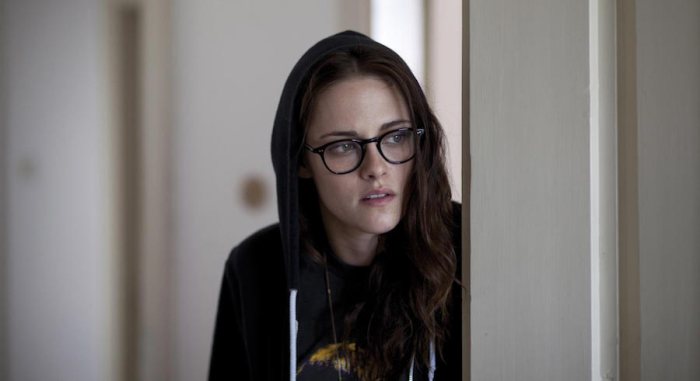‘Maggie Cheung: Center Stage’ Greta Garbo retired at 35. Maggie Cheung waited till 40. The two have more in common than that: Like the Swedish Sphinx, the Hong Kong actress is a screen goddess who doesn’t have to get in your face to be great. Cheung, too, knows the value of conveying a lot by doing very little. But Garbo stuck to melodrama and tearjerkers; “Ninotchka” was advertised with the words “Garbo laughs,” because she just never did. Cheung, by contrast, did dramas and martial arts, made art films at home and abroad, acted with Nick Nolte and Jackie Chan. She rarely did comedies either, but her laugh and her smile are two of the most genuine and delightful things in the movies. Her CV is like a Whitman’s Sampler, and any trip to Metrograph’s December-spanning “Maggie Cheung: Center Stage” brings a new surprise. She loved the high and the low. One day you get “Twin Dragons,” with the dyed-blue star holding her own opposite two Jackie Chans — one of their many team-ups. The next you score the brainy “Irma Vep,” her first with filmmaker and future husband Olivier Assayas, in which she plays “Maggie Cheung,” a Hong Kong actress thrown onto a chaotic French film set. In action movies, she was usually no more than an impossibly fresh-faced beauty. A major exception is 1993’s “The Heroic Trio,” Johnnie To’s whiz-bang wuxia, in which it’s the girls — Cheung, Anita Mui and Michelle Yeoh — who do the ass-kicking. There are few actresses who could mix it up like she did, dropping blockbusters the same year she was scoring major awards. Stanley Kwan’s “Center Stage,” from 1991, in which she plays doomed 1930s Chinese screen icon Ruan Lingyu, isn’t just an actor’s showcase; it’s a tail-eating investigation into the BS of biopics — part “24 Hour Party People,” part “Kate Plays Christine,” but still delivering the goods. She gets a touch dirty in 1996’s “Comrades: Almost a Love Story,” a kind of guerilla melodrama about friends with benefits that spans a decade. Peter Chan’s twist on the weepie has the sprawl of a big novel — plus one of cinema’s finest romantic moments — yet it’s fleet-footed, with a real feel for busy urban spaces. The brilliance of Cheung’s turn in Wong Kar-Wai’s “In the Mood for Love” probably doesn’t need being repeated; her character’s devastation is as contained and constructed as her body is in dozens of tight, immaculate, retina-searing 1960s dresses. Still, it begs for another spin; its colors don’t pop on video like they do on 35mm film. Cheung went out on a high note, winning Best Actress at Cannes ’04 for her unusually anxious, frazzled work as a recovering druggie rock-’n’-roller in “Clean,” which reunited her with then-ex Assayas. Since then she’s cheated a bit, doing the odd, small role, but remains adamant about becoming a composer. Still, if she never returns to the screen, she’s left us with dozens of treasures, and some bona fide diamonds in the rough. Speaking of which: If the only title in this series was Tsui Hark’s delirious, batty 1993 lark “Green Snake” — in which she turns into a giant, fake serpent, and even writhes along a floor — it still would’ve done the lord’s work. “Maggie Cheung: Center Stage” runs from Dec. 8 through Dec. 31 at the Metrograph, 7 Ludlow St. Visit the site for showtimes and tickets. Follow Matt Prigge on Twitter @mattprigge
Dec. 8 through Dec. 31
The Metrograph
The Metrograph’s Maggie Cheung series gives you art and Jackie Chan
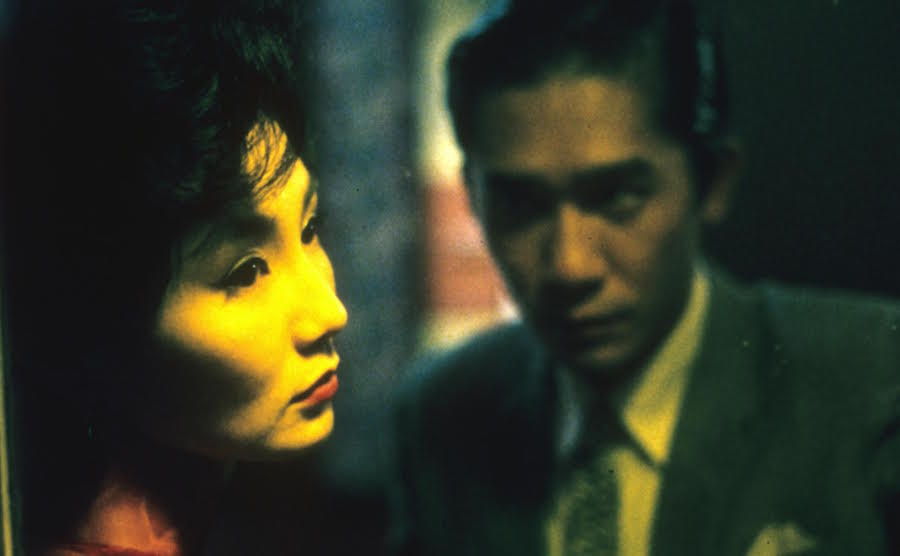
Block 2 Pictures, Photofest














